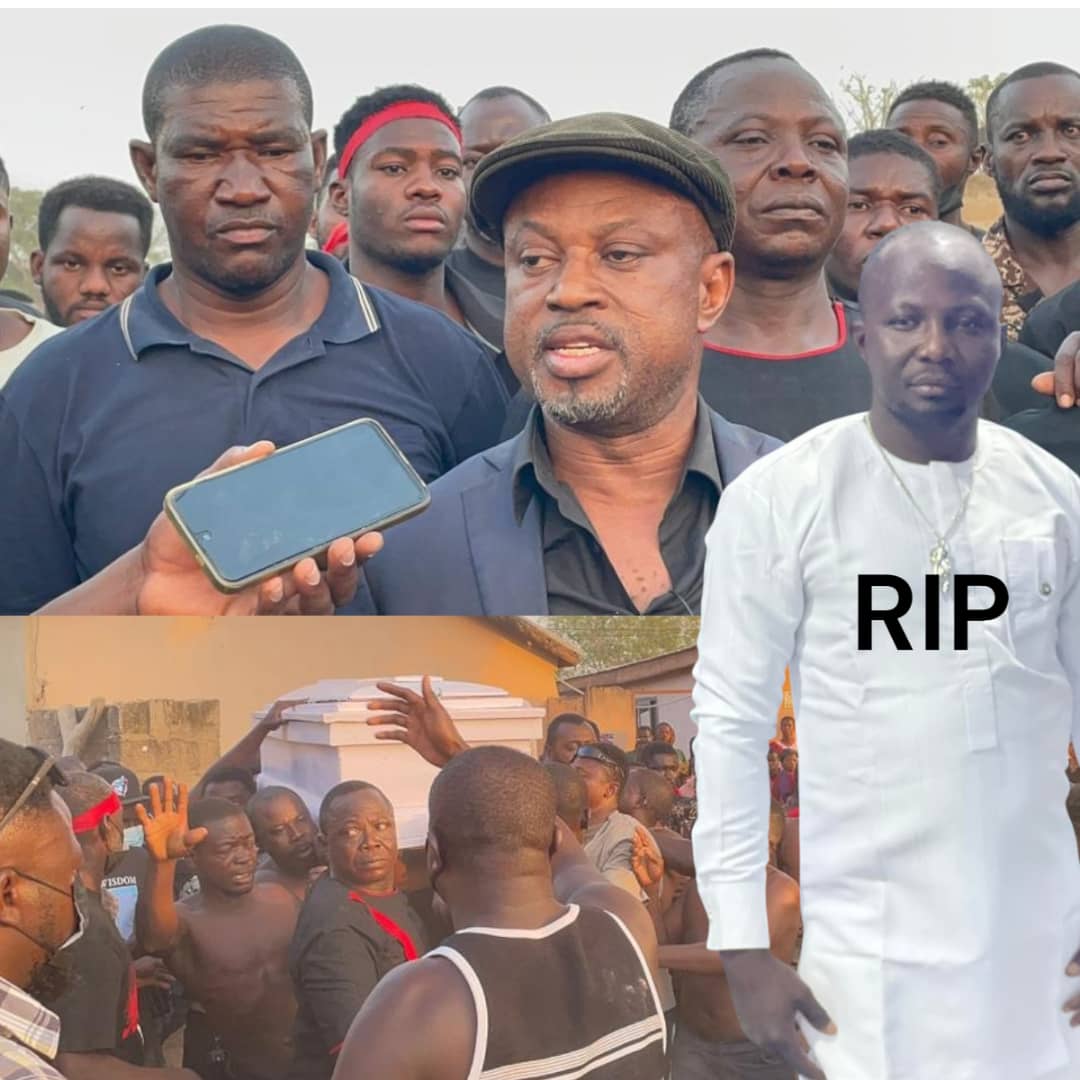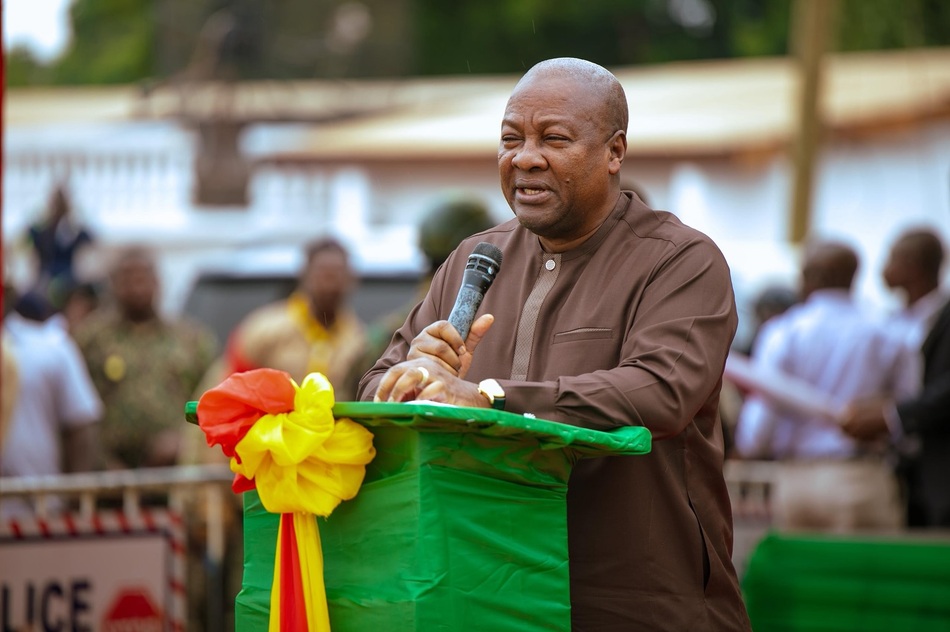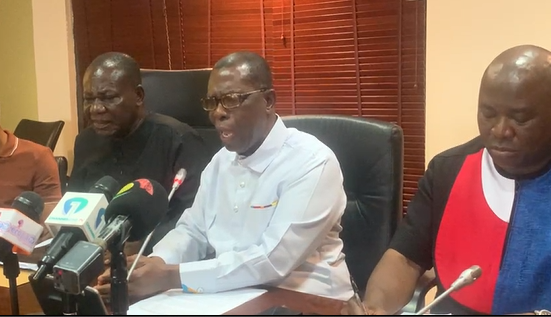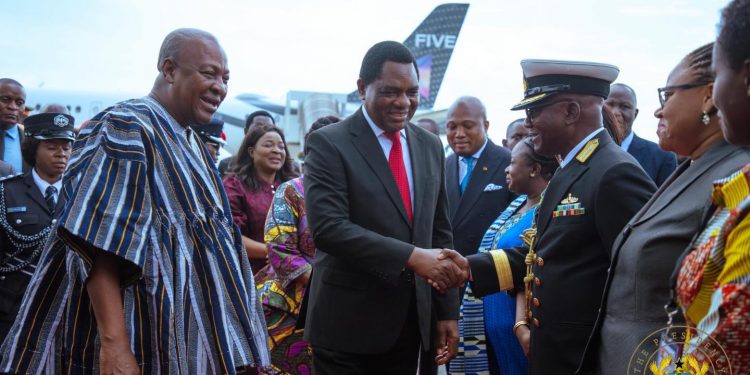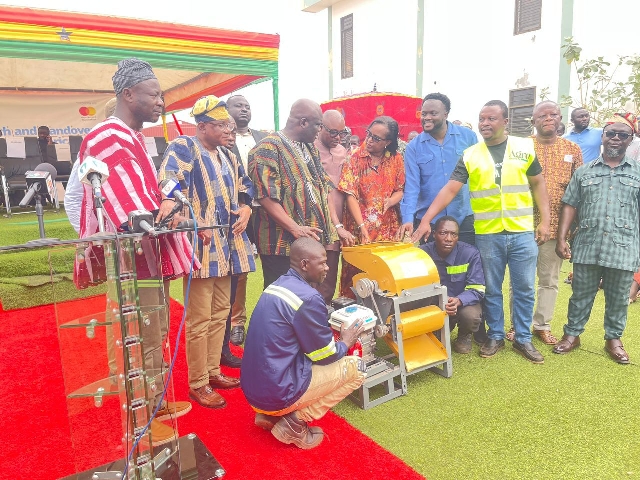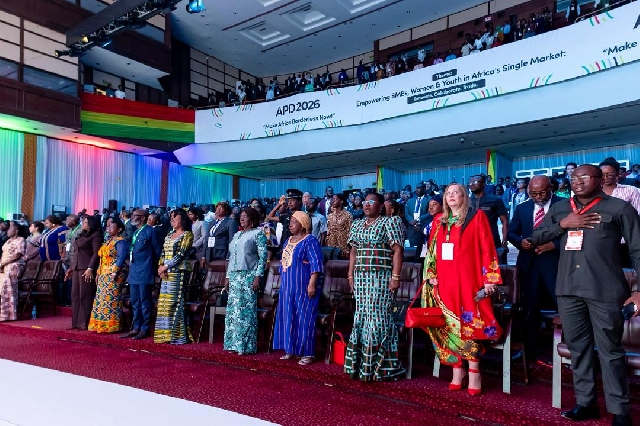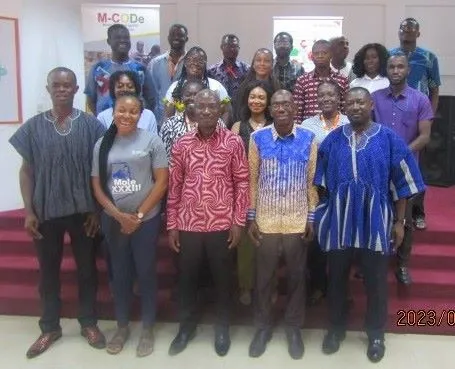Mr. Emmanuel Addai, the Knowledge Management Expert for the Greater Accra Metropolitan Area and Greater Kumasi Metropolitan Area Sanitation and Water Project (GAMA SWP), has urged the media to question landlords on their failure to provide households with toilets.
Mr. Addai stressed that “neglecting households’ toilets and focusing on communal ones would not solve Ghana’s sanitation and open defecation issues.”
He said this when speaking on the topic “The media and promotion of communal and public toilets” during the Media Coalition against Open Defecation (M-CODe) National Working Group (NWG) empowerment summit sponsored by World Vision Ghana.
The M-CODe Empowerment Summit forms part of the “M-CODe 2023 Anti-Open Defecation Nationwide Advocacy efforts to build the capacity of media practitioners to fight against open defecation and develop and strengthen networks with strategic stakeholders.
Mr. Addai said the media often reported extensively and advocated the provision of communal toilets instead of questioning why landlords refused to follow the building code and provide toilet facilities for households.
He explained that communal toilets were facilities constructed in a residential area meant for communal use, adding that they serve residential communities in the absence of household toilets and are useful for visitors during festive occasions.
He added that communal toilets were sometimes nuisance when developers or landlords refused to build household toilets or when they interfered with the promotion of household toilets by district authorities and other organizations.
The GAMA Knowledge Management Expert indicated that the media had not done much to assess the absence of household toilets, the refusal of landlords to provide toilets at home, the absence of communal toilets in communities, and the failure of duty-bearers to provide a communal toilet.
“Provision of toilets continues to become a government burden; instead of landlords, open defecation and its associated dangers continue to be entrenched,” he added.
He said sanitation workers and experts expected the media to advocate for toilets in public places, cleanliness in public toilets, and de-emphasize promotion of communal toilets.
“Shift attention to landlords who refuse to provide households with toilets and advocate support for households that cannot afford a decent toilet,” he stated.
Mr. Francis Ameyibor, M-CODe National Convenor, urged journalists to speak out and put the spotlight on communities notorious for open defecation.
He said the Coalition needed to challenge leadership and relevant authorities at all levels to take action.
He said M-CODe is building alliances with strategic stakeholders, including the Regional Coordinating Council, Environmental Health Department, Ghana Education Service, Ghana Health Service, Community Water and Sanitation Agency, and the Department of Community Development, to revitalise advocacy against open defecation.
Other stakeholders include the Department of Gender, the National Commission for Civic Education, Regional Environmental Officers, the Environmental Protection Agency, World Vision, and civil society organisations.
The remainder consists of Regional Officers from the Environmental Protection Agency, the Ministry of Sanitation, and the Ministry of Local Government and Rural Development, among others, who work to revive and maintain the activism to alter the rules and build a society free of open defecation.
As part of national efforts to put an end to the practice, Mr. Ameyibor noted that empowerment through capacity building, connecting key players in the battle against open defecation, and developing a forum to expose communities still engaging in the practice are all important.
Other speakers include Mr. Yaw Attah Arhin, World Vision Ghana Water, Sanitation, and Hygiene (WASH) Technical Specialist, and Mr. Wisdom Aditsey, Tema Metropolitan Health Officer.

